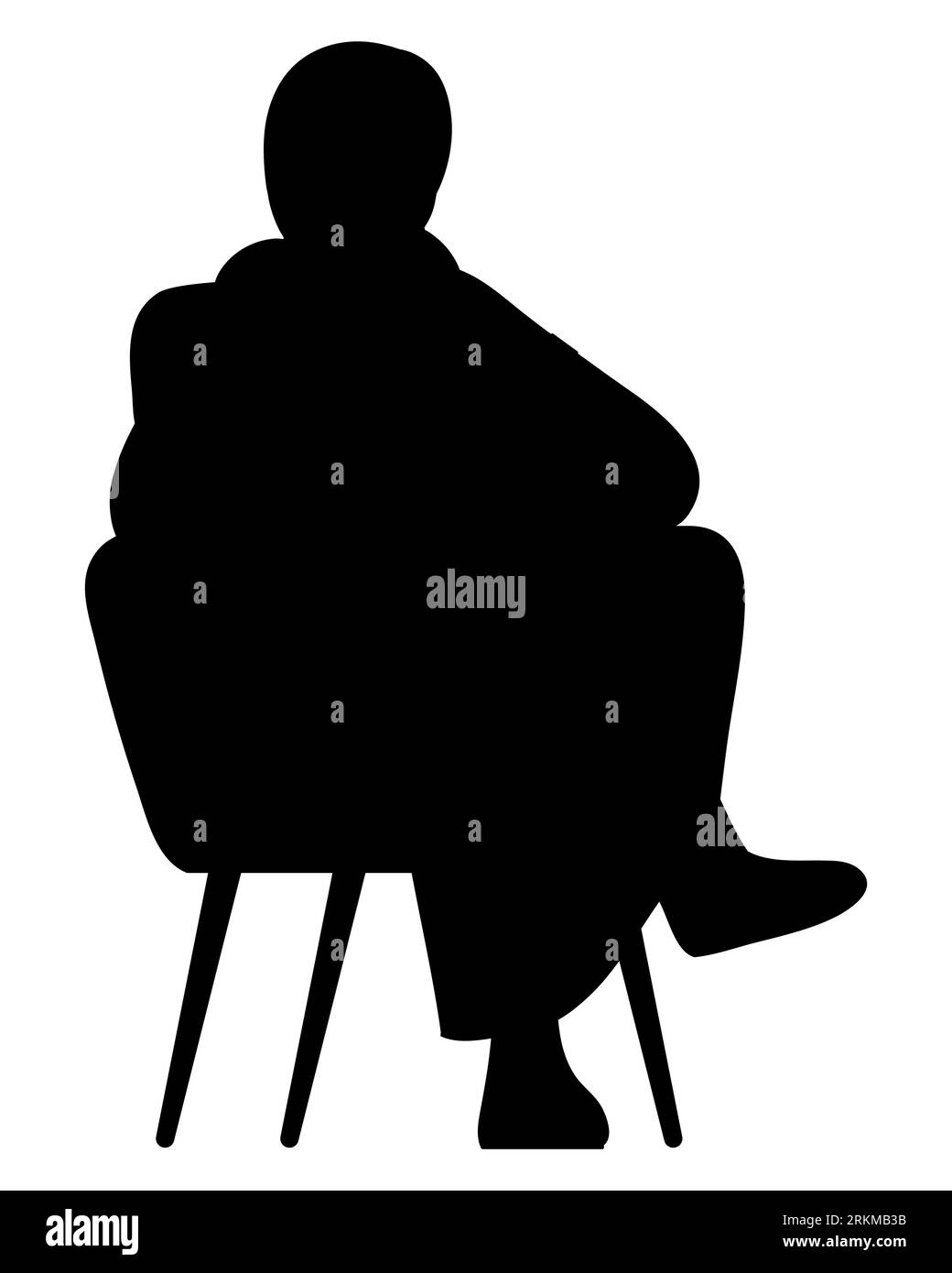In today's globalized world, the concept of "Hijabi Hookup" is becoming a significant topic of discussion among young Muslim women who seek to balance their religious values with modern relationship dynamics. This term represents a shift in how Muslim women approach relationships and intimacy, while still adhering to their cultural and religious principles.
The term "Hijabi Hookup" might seem contradictory at first glance, but it reflects the evolving understanding of relationships in a contemporary context. As more young Muslim women gain access to education, technology, and global perspectives, they are redefining what it means to be both faithful to their beliefs and open to exploring personal connections.
This article aims to explore the nuances of "Hijabi Hookup" by examining its cultural, social, and religious implications. We will delve into the challenges faced by young Muslim women in navigating this landscape and provide insights into how they maintain their identities while embracing modern relationship trends.
Read also:How Long To Fry Chicken Wings The Ultimate Guide
Table of Contents
- Defining Hijabi Hookup
- Cultural Background and Influences
- Religious Perspective on Relationships
- Modern Dynamics and Social Media
- Challenges Faced by Hijabi Women
- Solutions and Strategies
- Data and Statistics
- Testimonials and Real-Life Stories
- Future Directions and Trends
- Conclusion and Call to Action
Defining Hijabi Hookup
The phrase "Hijabi Hookup" has emerged as a term that challenges traditional perceptions of relationships within the Muslim community. It refers to the phenomenon where young Muslim women, particularly those who wear the hijab, engage in casual or informal relationships while maintaining their religious identity. This concept is not about abandoning faith but rather about finding a balance between personal values and modern relationship norms.
While the term "hookup" often carries negative connotations, it is important to recognize that for many hijabi women, it represents a redefinition of what intimacy and connection mean in their lives. These women are navigating a complex landscape where cultural expectations, religious teachings, and personal desires intersect.
What Does It Mean to Be a Hijabi?
Being a hijabi involves more than just wearing a headscarf. It represents a commitment to modesty, faith, and self-expression. Hijabi women often face stereotypes and misconceptions about their lifestyle, making it crucial to understand their perspectives and experiences in relationships.
- Commitment to modesty and faith
- Challenging societal norms
- Embracing modernity while staying true to values
Cultural Background and Influences
Culture plays a significant role in shaping how relationships are perceived and practiced. For hijabi women, cultural expectations often dictate the boundaries of their interactions with others. However, globalization and increased exposure to diverse cultures have led to a shift in how these women approach relationships.
Impact of Globalization
Globalization has brought about a blending of cultures, allowing hijabi women to explore new ideas and perspectives. Social media platforms, in particular, have become spaces where these women can connect with others who share similar experiences and challenges.
- Increased access to global perspectives
- Breaking down cultural barriers
- Fostering a sense of community
Religious Perspective on Relationships
Islam provides clear guidelines on relationships and intimacy, emphasizing the importance of marriage as the foundation for romantic partnerships. However, the interpretation of these guidelines can vary depending on cultural and regional contexts. For hijabi women, finding a way to align their desires with religious teachings can be a delicate balancing act.
Read also:How Much Vitamin D3 Should I Take Daily Exploring The Optimal Dosage For Health
Key Religious Principles
Some of the key principles that guide relationships in Islam include:
- Modesty in interactions
- Respect for personal boundaries
- Commitment to marriage as a sacred institution
Modern Dynamics and Social Media
Social media has transformed the way people form and maintain relationships. For hijabi women, platforms like Instagram, TikTok, and WhatsApp have become essential tools for connecting with others and expressing their identities. However, these platforms also pose challenges, such as managing online privacy and navigating potential misunderstandings.
Benefits and Risks
While social media offers opportunities for connection and self-expression, it also carries risks such as:
- Exposure to inappropriate content
- Pressure to conform to societal standards
- Potential for misunderstandings and miscommunication
Challenges Faced by Hijabi Women
Hijabi women encounter various challenges when navigating the complexities of modern relationships. These challenges range from societal expectations to personal dilemmas. Understanding these obstacles is essential for supporting these women in their journeys.
Societal Expectations
Societal expectations often dictate how hijabi women should behave in relationships. These expectations can create pressure to conform to traditional norms, even when they conflict with personal desires or modern values.
- Pressure to prioritize family approval
- Difficulty in balancing personal freedom with cultural norms
- Stigma associated with non-traditional relationships
Solutions and Strategies
To address the challenges faced by hijabi women, it is important to develop strategies that empower them to make informed decisions about their relationships. Education, open dialogue, and community support can play crucial roles in this process.
Empowering Through Education
Education is a powerful tool for empowering hijabi women to navigate the complexities of modern relationships. By providing them with the knowledge and skills to make informed choices, we can help them build fulfilling and respectful partnerships.
- Encouraging open discussions about relationships
- Providing access to reliable information and resources
- Fostering a supportive community environment
Data and Statistics
According to recent studies, an increasing number of young Muslim women are exploring non-traditional relationship dynamics while maintaining their religious identities. These trends highlight the growing need for resources and support systems that cater to their unique needs.
- 30% of young hijabi women report engaging in informal relationships
- 70% believe in the importance of balancing faith and modernity
- 50% seek guidance from peers and online communities
Testimonials and Real-Life Stories
Real-life stories and testimonials from hijabi women provide valuable insights into their experiences and perspectives. These narratives can help break down stereotypes and foster greater understanding of the challenges they face.
Story of Amina
Amina, a 25-year-old hijabi woman from London, shares her experience of navigating modern relationships while staying true to her faith. "It's important to find a partner who respects my values and understands my journey," she explains. "Social media has been both a blessing and a challenge, but I've learned to use it wisely."
Future Directions and Trends
As the world continues to evolve, the dynamics of relationships for hijabi women will likely shift as well. Emerging trends in technology, culture, and education will play a significant role in shaping these dynamics, offering new opportunities for growth and connection.
Predicted Trends
- Increased use of technology for relationship building
- Growing acceptance of diverse relationship models
- More focus on mental health and emotional well-being
Conclusion and Call to Action
In conclusion, the concept of "Hijabi Hookup" represents a significant evolution in how young Muslim women approach relationships in the modern world. By understanding the cultural, social, and religious factors that influence their decisions, we can better support them in their journeys.
We invite you to join the conversation by sharing your thoughts and experiences in the comments section below. Together, we can create a more inclusive and supportive environment for hijabi women navigating the complexities of modern relationships. Don't forget to explore our other articles for more insights and resources on this topic.


